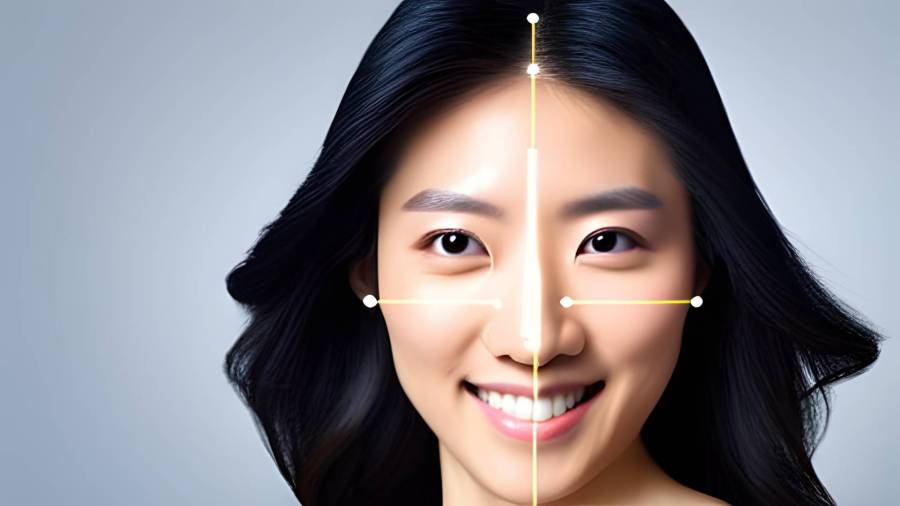The algorithms used in artificial intelligence (AI) have advanced significantly in recent years, allowing machines to do jobs once thought to be human-exclusive. The ability of AI in this sector to determine a person’s political leanings based on face analysis is a major step forward. Some people’s political leanings can be deduced from their facial expressions and other physical characteristics, according to a study conducted in Denmark.
The purpose of the study, titled “Using deep learning to forecast ideology from facial photographs: expressions, beauty, and extra-facial information,” was to investigate the association between physical appearance and political beliefs. A neural network was trained by researchers at Denmark’s Arhus University using hundreds of images of candidates and elected officials during the country’s 2017 municipal elections.
Subjects were Europeans who did not sport facial hair and who identified as either far left or far right. As a result, just 4,647 images, including 1,442 of women running for office, remained in the collection. The photographs just showed the candidates’ faces, with no other details that could sway judgments.
The researchers used Microsoft’s face expression recognition technology to decipher the range of feelings shown in the images. Other algorithms were used to gauge attractiveness and masculinity, both of which have been linked to particular political leanings.
Artificial intelligence models trained on this data set were able to predict a person’s political leanings with a remarkable 61% accuracy. This reliability is significantly higher than what would be predicted by chance, suggesting that one’s facial features can be used to predict their political preferences.
Several fascinating links were found between physical traits and political leanings in the study. Photos of right-leaning politicians tended to feature smiling faces, while those of left-leaning leaders tended to show a more neutral expression. Furthermore, the more attractive women in politics were more likely to support conservative policies. On the other hand, it did not appear that a man’s attractiveness or masculinity were major predictors of his political beliefs.
These results raise important privacy concerns while also providing valuable insights into the connection between face traits and political ideology. The authors of the study recognized the possible risks to individual privacy posed by deep learning methods. Using a pre-built neural network trained entirely on publicly available data, scientists achieved a 60% accuracy rate across two samples when attempting to predict a person’s political beliefs.
Facial recognition systems and AI-powered algorithms are becoming increasingly common, making it more important than ever to discuss the moral consequences of using them. It is crucial to find a happy medium between technology progress and people’s right to privacy.
The potential of artificial intelligence systems to make political ideology predictions based on face traits opens up new lines of inquiry and study. Voter behavior, campaign techniques, and society trends could all benefit from a better understanding of the links between people’s physical characteristics and their political leanings.
However, researchers must proceed with prudence in this area and confront privacy problems head-on. To protect persons from the possible exploitation of personal data, it may be necessary to adopt restrictions and safeguards.
It will be intriguing to see how AI develops and how it may be used responsibly to learn more about human nature and the workings of society. The Danish study demonstrates the power of AI algorithms to accurately predict a person’s political ideology using only their facial characteristics, with accuracy that far exceeds that of random guesses. It also sheds light on the links between attractiveness, emotional expressions, and political ideology. It is important to resolve privacy problems to ensure appropriate utilization of AI technology in political analysis, despite the fact that this research presents exciting potential for understanding voter behavior and societal trends.
First reported on: Fox News


















